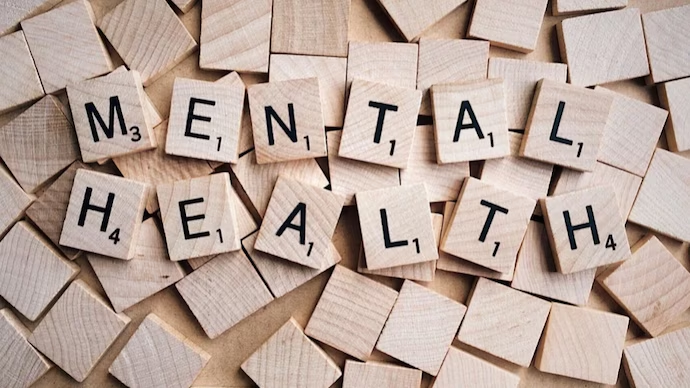It was a quiet Thursday morning when news broke that a 19-year-old undergraduate student at a premier university in Mumbai had taken her own life. Her friends say she had been struggling with anxiety for months. There were no formal counselling sessions. No one saw it coming.
Her story is not an isolated one. Across India, college students are grappling with rising levels of stress, depression, anxiety, and burnout—often with little to no mental health support. The scale of the problem is alarming, and yet institutional responses remain fragmented and, in many cases, absent.
A 2023 nationwide survey conducted by the Centre for Mental Health Law & Policy found that more than one in three college students in India experiences symptoms of moderate to severe depression. Anxiety affects nearly 30%, and many report feeling isolated, overwhelmed, and unsure of where to turn for help.
A Culture of Pressure and Perfection
India’s higher education system has long been known for its rigor and competitiveness. For many students, admission into a top college is just the beginning of a new race—one that involves academic performance, placements, parental expectations, and social comparison.
“Students come in with sky-high pressure,” said Dr. Ritu Anand, a clinical psychologist who works with students at Delhi University. “The fear of failure is constant. Many don’t talk about what they’re going through until it’s too late.”
Adding to the challenge is the influence of social media, which creates what experts call a “performance culture” that values curated success over lived experience. Students frequently compare themselves with peers online, compounding feelings of inadequacy and self-doubt.
A System Struggling to Respond
Despite the clear need, mental health services on Indian campuses remain grossly inadequate. While a few institutions have appointed psychologists or student wellness officers, the majority either lack full-time professionals or rely on faculty to serve dual roles.
“The infrastructure is broken,” said Vikram Jeet Singh, a mental health activist and founder of the ‘Campus Care Collective,’ a youth-led advocacy group. “You cannot expect meaningful change if one counselor is expected to manage the emotional health of 3,000 students.”
In recent years, regulatory bodies like the University Grants Commission (UGC) and All India Council for Technical Education (AICTE) have issued guidelines urging institutions to provide mental health support and helplines. Yet, implementation has been inconsistent. Often, students are unaware such services even exist—or feel reluctant to use them.
Seeking Help, But Finding Silence
Compounding the crisis is the cultural stigma around mental illness. While awareness is slowly growing, many young people still hesitate to seek help for fear of being judged or misunderstood.
“Sometimes students come in quietly, and they leave quietly,” said Dr. Anand. “There’s a sense that talking about mental health is a weakness. We need to change that mindset.”
Efforts to address the issue are underway in pockets. A few Indian Institutes of Technology (IITs) have launched peer support groups and 24/7 anonymous chat platforms. Private universities have introduced wellness seminars and therapy sessions.
But these are often limited to elite institutions. In smaller colleges and tier-2 cities, students continue to struggle in silence.
An Urgent Call for Reform
Experts believe systemic changes are urgently required. These include institutional funding for mental health programs, mandatory training for faculty to recognize warning signs, regular mental health audits, and national campaigns that normalize therapy and emotional wellness.
“There needs to be accountability,” said Dr. Sameer Malhotra, Director of Mental Health at Max Healthcare. “We can’t afford to treat student mental health as a secondary concern. It’s a foundational issue that impacts learning, careers, and lives.”
For now, students like the one in Mumbai leave behind unanswered questions—reminders that while we speak of academic excellence, we continue to fall short in protecting the minds that carry its burden.


